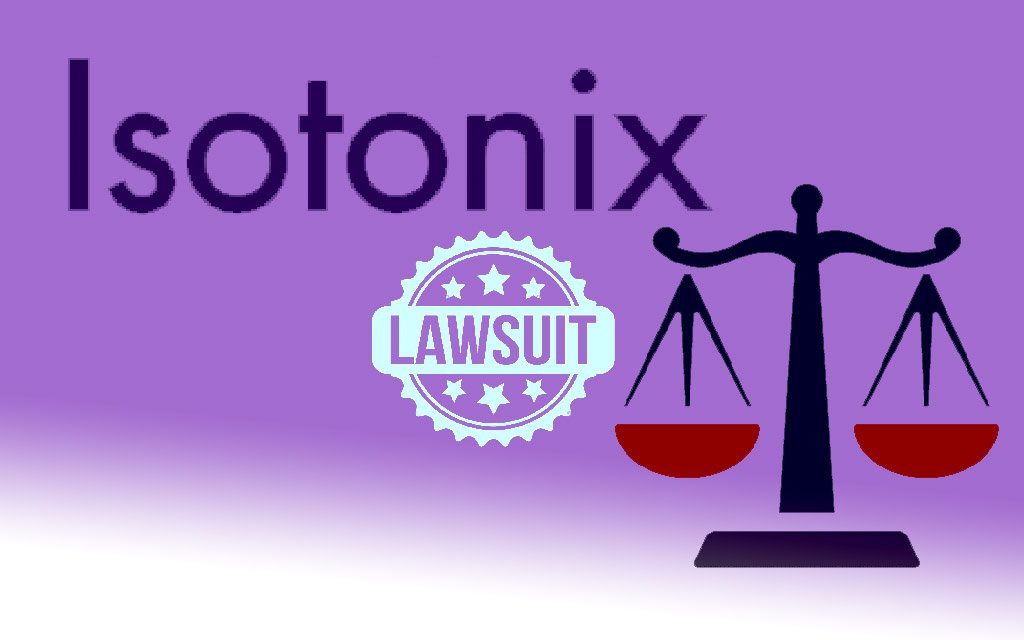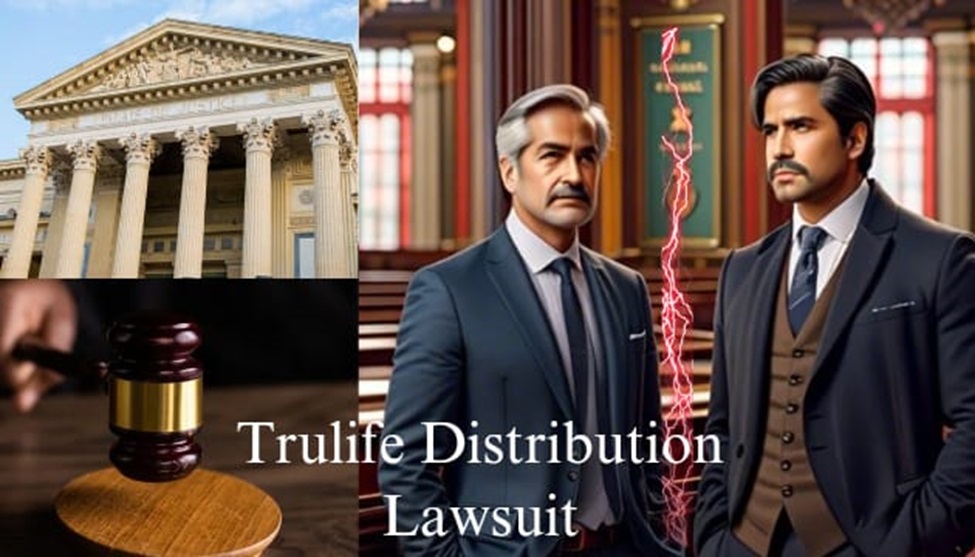The fight between Oracle and Rimini Street has been making waves for over a decade. It all started in 2010 when Oracle sued Rimini Street for copyright infringement. The big question? Can third-party support providers legally use software licensed to their clients without crossing the line into infringement? Oracle, a global software giant, says Rimini Street stepped over that line. Oracle claims Rimini used its software without permission to offer support services to Oracle’s clients. This, according to Oracle, violated its intellectual property rights.
However, Rimini Street maintains that it merely stayed within its customers’ boundaries regarding licensing agreements on different software. The case, involving multiple judicial judgments and financial sanctions issued as consequences for such violations, demonstrates the problems that business entities face in comprehending their software licensing agreements.
This study investigates the litigation between Rimini Street and Oracle, outlining its foundational aspects, key developments, and consequences for the software sector. The case indicates the legal complexities behind third-party support services and rights related to intellectual property.
What Triggered the Rimini Street Oracle Lawsuit?
Understanding the lawsuit’s origins provides insight into third-party support providers’ legal challenges.
Oracle filed the lawsuit against Rimini Street in 2010, as it had been carrying out unlawful practices. Among the complaints were downloading Oracle’s software without permission and using the same to offer cheap support services. According to Oracle, such practices undermined its business and infringed copyright laws.
Rimini Street argued that its practices were in compliance with Oracle’s software licenses. The company claimed that its services were a right of the license holders, who were its customers. This legal confrontation would set the stage for one of the most significant intellectual property disputes in the enterprise software industry.
Read also: The Sequoia Project Playlist Lawsuit: A Closer Look at the Music Industry Battle
Key Events in the Legal Battle
There have been several major incidents that have evolved the Rimini Street Oracle lawsuit over time. Each court decision has brought a new development with consequences for the parties involved.
1. The First Litigation in 2010
Oracle sued Rimini Street, claiming that the latter’s primary business activity is copyright infringement. The case stated that Rimini Street had copied Oracle’s software in violation of the copyright law and used the same software for support services. Thus began a long legal battle.
2. Jury Verdict and the Financial Costs (2015)
In a landmark decision, a jury found in 2015 that Rimini Street had not provided Oracle with fair relief. Subsequently, the jury assessed an award of $90 million in damages against Rimini Street, which reinstated Oracle’s monetary losses and attorney fees.
3. Permanent Injunction (2018)
In 2018, the US District Court placed Rimini under a permanent injunction. The permanent injunction stopped some of Rimini Street’s actions and further restricted its access to and usage of Oracle software. The move was seen as an effort to stop any further violations of Oracle’s intellectual property.
4. US Supreme Court Decision (2019)
The US Supreme Court also decided an issue related to the extent of litigation costs recoverable under the Copyright Act in 2019. Even though it dramatically reduced Rimini’s financial exposure, it didn’t alter the earlier judgments finding copyright infringement.
5. Repeat Infringement Findings (2023)
In 2023, it held that Rimini Street was still infringing Oracle copyrights. The proof showed that Rimini stripped off Oracle copyright notices from its products and modified software to avoid being detected. Those acts brought further penalties and ancillary operational restraints.
6. Award of Legal Fees to Oracle (2024)
The court awarded Oracle over $58.5 million in attorneys’ fees in September 2024. The judge stressed the repeated violations and highlighted the requirement for deterrence. This was another financial hit to Rimini Street.
Why This Lawsuit Matters to the Tech Industry
The outcome of the Rimini Street Oracle lawsuit is a lesson to the whole technology industry. They affect third-party providers, software developers, and companies that outsource their support services.
Impact on Third-Party Support Providers
The case opens up legal risks for firms operating in gray areas. The third-party providers must ensure their practices align with licensing agreements to avoid such legal battles.
Intellectual Property
The aggressive nature of this case, which Oracle is pursuing, underscores the relevance of intellectual property rights in the software industry. This case underlines the need for copyright materials to be protected from unauthorized usage.
Customer Implications
Businesses that depend on third-party support services should reassess their providers. Selecting compliant providers minimizes the risk of service disruptions and legal problems.
Rimini Street Oracle Lawsuit Lessons
The case offers several lessons for businesses dealing with software licensing agreements and intellectual property laws.
Compliance with Software Licensing
Software licenses stipulate what customers and third-party vendors are allowed to do. Non-compliance can result in expensive lawsuits and reputational harm. Compliance is essential for long-term viability.
Transparency in Operations
Businesses must be transparent in their operations to gain the trust of clients and partners. Practices caused the legal woes of Rimini Street, which the court found deceptive. Clear, lawful practices are necessary for long-term success.
Readiness for Legal Battles
Legal disputes often arise unexpectedly in industries governed by complex licensing agreements. Companies must invest in legal expertise to overcome these challenges effectively.
The Current Status of the Rimini Street Oracle Lawsuit
As of 2024, the courts have largely been on the side of Oracle. Rimini Street is facing stiff financial penalties and ongoing operational restrictions. The verdicts show Oracle’s success in enforcing its intellectual property rights.
Rimini Street continues appealing some of the judgments. Its choices have been limited, and the courts have been less lenient with the repeated infringement. These results indicate the heavy price paid for non-compliance in the software industry.
Oracle’s success has further cemented its position as a leading software company. The judgments will precede future intellectual property infringement cases, and the third-party support providers will be more accountable.
Conclusion: Rimini Street Oracle Lawsuit
This case, the Oracle v. Rimini Street Oracle lawsuit, is one of the very significant cases in intellectual property law and enterprise software. Oracle’s aggressive legal approach reflects the necessity of protecting intellectual property in a highly competitive market. Rimini Street’s repeated infringement and legal battle emphasize the dangers of operating outside established licensing frameworks.
For third-party support providers, this case has lessons. To avoid such a conflict, one must comply with licensing agreements, be transparent in operations, and be prepared legally. Businesses seeking support must ensure that the providers follow legal and ethical standards.
As this case continues to impact the software industry, its lessons will be heard long after the verdict. The Rimini Street Oracle case reminds us that accountability, innovation, and respect for intellectual property are all important in shaping the future of technology.


